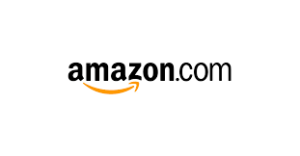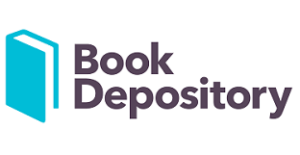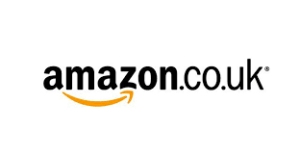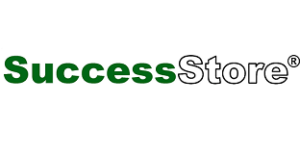In today’s rapidly evolving business landscape, the role of Human Resources (HR) is undergoing a profound transformation. Traditional HR functions have expanded far beyond their traditional boundaries, encompassing new challenges and opportunities that demand innovative approaches. You might have seen a recent post by Gartner which brilliantly sheds light on the types of issues arising in HR’s ever-expanding mandate, prompting us to explore who delivers what in this dynamic arena but also how much is too much for already stretched HR teams. WorkMatters believes that in this new environment HR needs to pivot from being a pure implementing function to an enabling function providing managers and teams with both the infrastructure and skills to play active roles in the development of policy and process across these business critical areas.
How much is too much then? Even 5 years ago many of the challenges shown in the article belonged in the realms of futurists, but today all of them are HR realities. HR cannot possibly tackle all of these challenges alone, we have neither the deep expertise or the team scope to handle everything alone. We need to think differently.
- Mental Health and Well-being
Mental health has rightfully taken centre stage in the workplace. HR plays a pivotal role in fostering a culture of well-being. HR has taken a role driving collaborative efforts that involve leadership, managers, and employees themselves. Mental health support should be pervasive, with HR providing the framework and resources.
- Human-Centric Employee Value Proposition (EVP)
Senior leaders know the challenge of crafting an EVP that resonates with the modern workforce. It’s as much art as science as it involves a deep understanding of the nuances of the company culture and its people. While HR leads in defining the core values, it’s the entire organization, guided by leadership, that breathes life into these principles. The EVP should be a collective promise, reflected in actions across all departments.
- Hybrid Work Productivity
The hybrid work model is here to stay, and HR is at the forefront of ensuring its smooth implementation. However, managers and employees also share the responsibility of adapting to this new way of working. It’s a partnership that thrives on open communication and trust.
- Frontline Worker Flexibility
Frontline workers, often on the frontlines of customer interactions, deserve flexibility as much as anyone else. HR can introduce policies, but it’s the direct supervisors and operations teams who must execute these strategies effectively and to be granted the autonomy to manage this flexibility to suit the unique needs of their teams rather than turning to HR to police implementation.
- Digital Workplace and Office Design
Creating a digital workplace and designing offices that promote collaboration and productivity involve a blend of HR’s strategic planning and the expertise of architects and facilities management. It’s a synergy of skills.
- AI Augmentation
AI is a game-changer for HR, but its integration requires collaboration between HR and IT departments. While HR identifies the needs, IT delivers the technological solutions.
- Inside and Outside HR Remit
Ultimately, what’s inside and outside HR’s remit isn’t always black and white. It often depends on the organization’s culture and structure. The key is recognizing that in many of the emerging challenges, collaboration and co-creation are critical to achieving buy in and successful delivery. The most successful organizations are those that embrace the collective responsibility of addressing these multifaceted issues. HR’s expanded mandate isn’t just an HR challenge; it’s an organizational imperative.
The future of work is a shared journey, where each department, from HR to IT, leadership to frontlines, plays a unique but interconnected role. HR has to have the confidence to ask for help in the cocreation of this journey and use it’s unique set of skills to bring people together and empower them to deliver solutions that work for their organizations. Remember, it’s not just about who delivers what; it’s about how we deliver together.
This article is brought to you by WorkMatters.
Find out how our range of solutions can help – get in touch on [email protected]
#FutureOfWork #ProfessionalGrowth #WorkMatters #WorkplaceInnovation #NetworkingOpportunities #BusinessTransformation #training #hr #future #community #leaders #people








